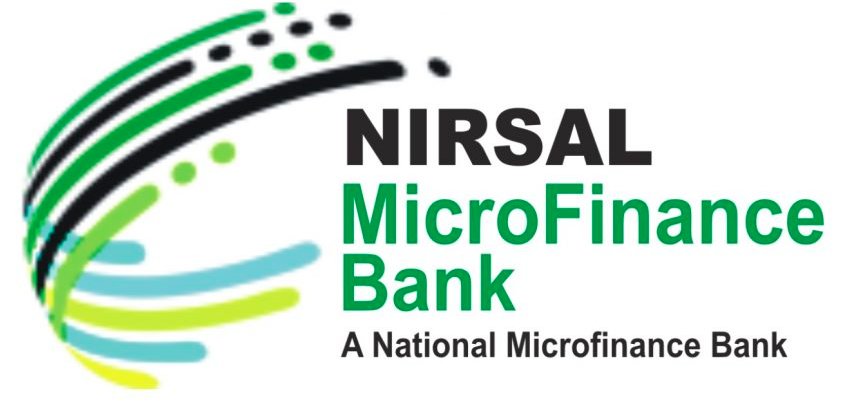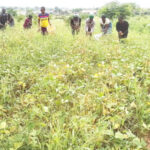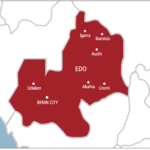The Nigeria Incentive-Based Risk Sharing System for Agricultural Lending (NIRSAL) Plc has completed training and mentorship programmes for 780 more farmers and other agricultural value chain actors across the country.
This is part of NIRSAL’s ongoing efforts to improve the capacity and productivity of Nigerian farmers, it said in a statement.
- How B/Haram crisis killed 300,000 children in N/East
- PODCAST: Real Reason Why Many Nigerians Refuse COVID-19 Vaccine
It said the programmes, which held in the six geo-political zones, are also a continuation of efforts targeted at achieving a key component of NIRSAL’s mandate of de-risking the agricultural value chain to encourage more investment in agribusiness by the financial sector.
It said the series of training sessions under the NIRSAL Strategic Business Support Services (SBSS) are part of its technical assistance pillar aimed at building the capacity of value chain actors for improved production, handling, processing and marketing of agricultural commodities.
The sessions focused on 10 Commodities of Interest (COI) that have ecological and economic advantages in each geo-political zone.
The commodities, NIRSAL said include rice, ginger, maize, fresh fruit and vegetables (FFV), cassava, beans, aquaculture, oil palm, livestock and cotton.
During the NIRSAL SBSS sessions, it noted farmers as well as input suppliers, processors, transporters, exporters and traders of agricultural products were trained on modern, business-oriented pre-upstream, upstream, midstream and downstream operations with a view to achieving the micro and macroeconomic effects of farmer income enhancement and Gross Domestic Product (GDP) increase.
According to the statement, the NIRSAL SBSS programme identified farmers and value chain actors most in need of training, assessed value chain gaps, designed intervention approaches and implemented the same; the main approach being a four-week long mentorship programme comprising in-class and field sessions.
The value chain actors received training on the production and packaging, as well as on the servicing of not only the domestic market, but also on ways to take advantage of an export market with huge economic potentials for Nigeria.
He revealed that the company plans to venture into the manufacturing of other medical consumables

 Join Daily Trust WhatsApp Community For Quick Access To News and Happenings Around You.
Join Daily Trust WhatsApp Community For Quick Access To News and Happenings Around You.


